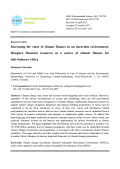
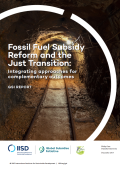
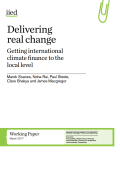
The working paper Delivering real change: getting international climate finance to the local level explores the flows of climate finance within the main international climate funds, to understand how effective they are in getting finance to the local level and what design features enable or prevent local financing. It distils lessons from development funds that are experienced in local financing. It concludes by highlighting the ways in which local climate financing can be enhanced – to further improve the effectiveness of aid.
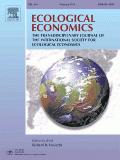
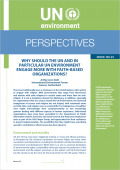
There has traditionally been a reluctance in the United Nations (UN) system to engage with religion. With governments that range from theocracies and nations with state religions to secular states and those that are antireligion, it is not a propitious domain for diplomacy. In addition, especially for organizations that are science-based like UN Environment, the historical antagonism of science and religion has not helped, with emotional views on both sides, and religion seen as unscientific if not dangerous.
A healthier view might acknowledge their complementarity as two knowledge systems dealing with different aspects of human experience. Faith-based organizations have long been accredited to the Department of Public Information and the Economic and Social Council, but they have simply been seen as part of the NGO Major Group, and appreciated for their usefulness in project implementation. The possibility that they might have something special to contribute to UN processes has been ignored.
